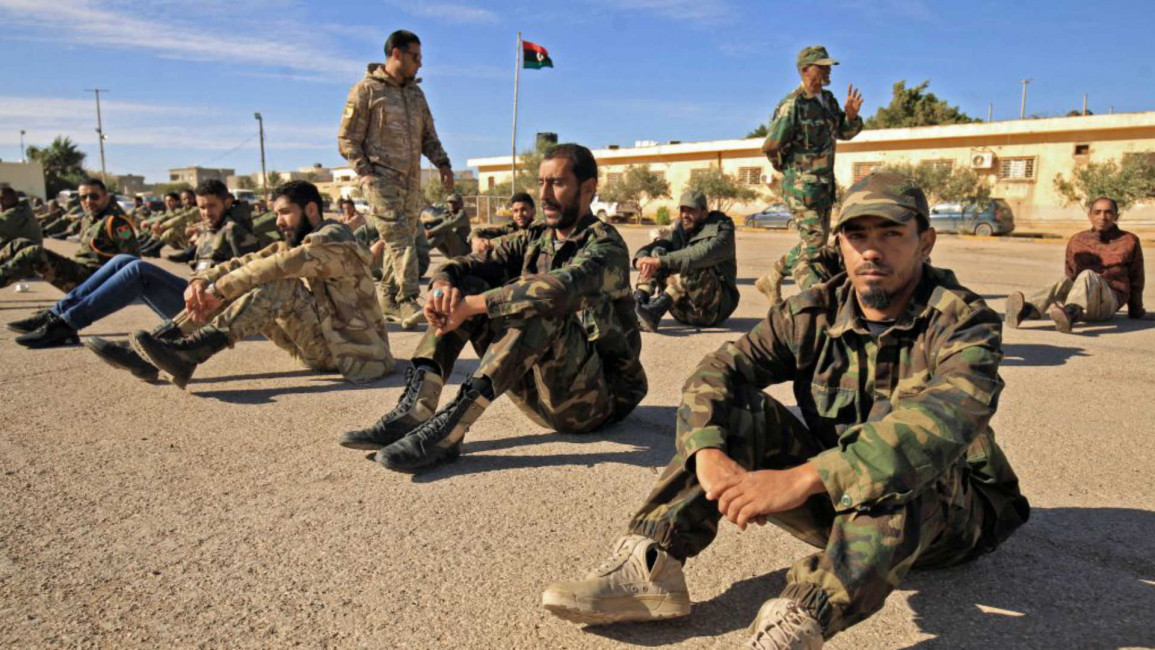Follow us on Facebook, Twitter and Instagram to stay connected
UN Security Council extends Libya arms embargo for one year as fighting continues
The renewal had already been unanimously decided upon last year by the 15 members of the Security Council, but Russia, which backs strongman Khalifa Haftar in his fight against the UN-backed government in Tripoli, had expressed doubts in talks at the beginning of the month, diplomats said.
For the past year, there have been constant violations of the embargo on both sides of the war, making it a "farce," one diplomat said.
The European naval Operation Irini, launched at the start of April using aerial surveillance and satellite tracking, aims to strengthen the UN resolution on controlling arms shipments to Libya.
Drafted by Germany, the resolution "decides to extend the authorisations as set out in resolution 2473 for a further 12 months from the date of this resolution," and requested the Secretary-General to report to the Security Council within 11 months of its adoption.
The authorisation for inspections on the high seas is also linked to other resolutions, such as 2292 and 2146.
|
The latter, which was renewed in March, aims to prevent the illegal import or export of oil to or from Libya.
After a French naval vessel recently intercepted a tanker seeking to load up at the eastern port of Tobruk without permission from Tripoli as part of the Irini operation, Russia called for a meeting of the Security Council to demand an explanation.
Germany and France said at that session at the start of the week that Operation Irini was being carried out within the strict framework of the UN resolution.
Earlier this year, the European Union launched a naval mission in the Mediterranean Sea aimed at enforcing the UN arms embargo on Libya after Italy blocked a previous operation claiming that the warships attracted migrants to Europe's shores.
The operation, dubbed Irini, the Greek word for “peace,” started work in March.
The European Council at the time said it will have as “its core task the implementation of the UN arms embargo through the use of aerial, satellite and maritime assets.”
“In particular the mission will be able to carry out inspections of vessels on the high seas off the coast of Libya suspected to be carrying arms or related material to and from Libya,” a statement said. It will also gather information about illegal fuel and oil smuggling from Libya and help build up the Libyan coast guard, including by training its personnel.
The EU’s previous naval mission, Operation Sophia, was set up after tens of thousands of migrants began attempting potentially perilous crossings of the Mediterranean in 2015 in search of better lives in Europe.



